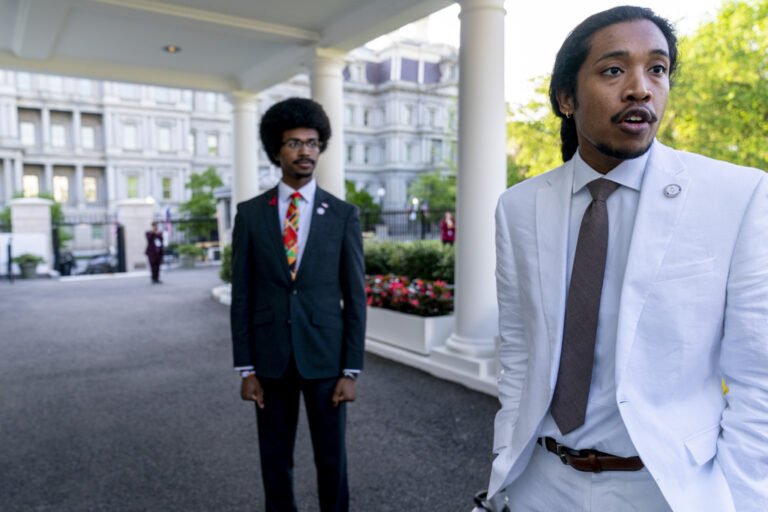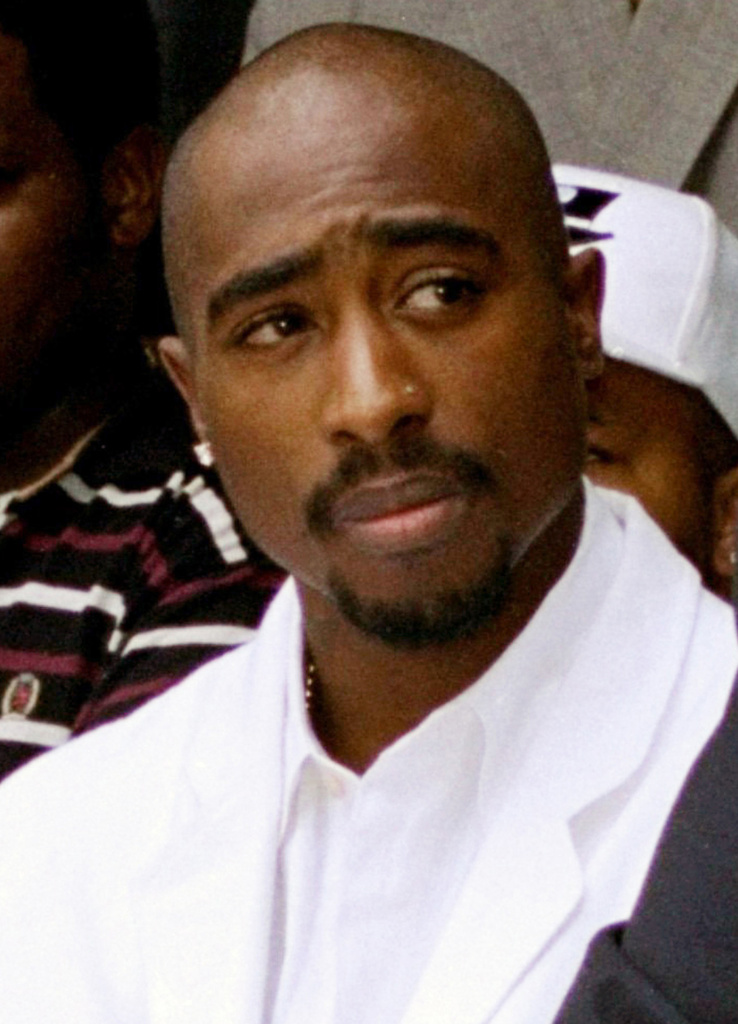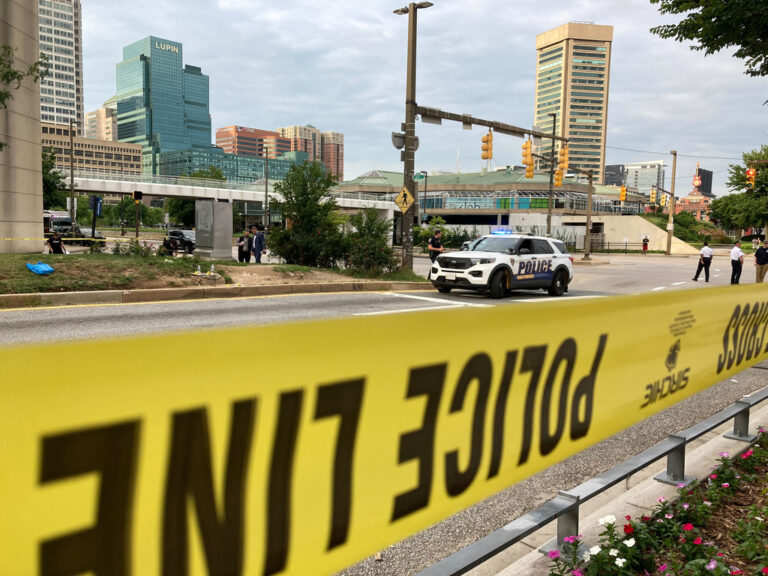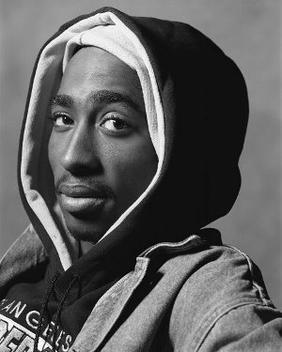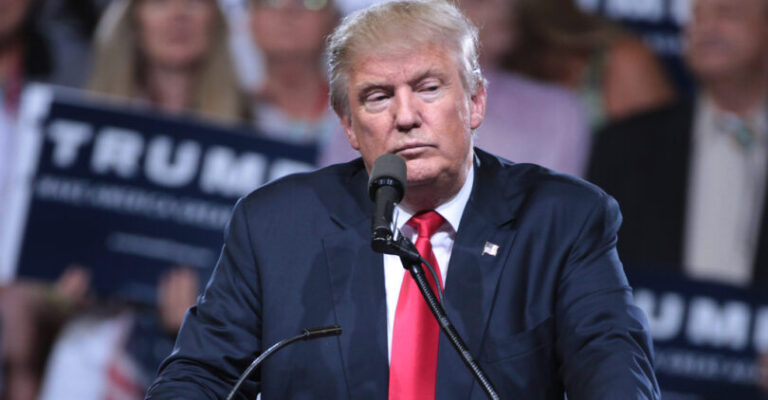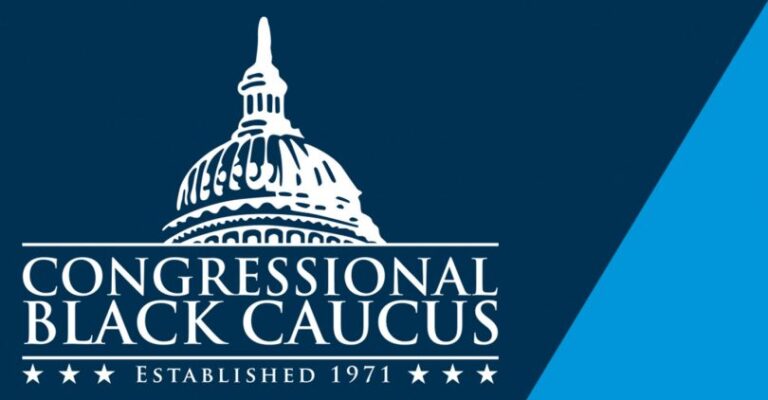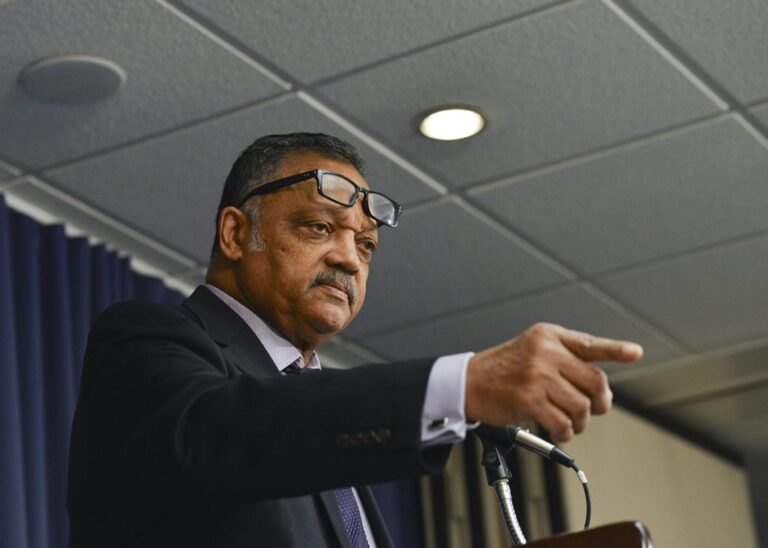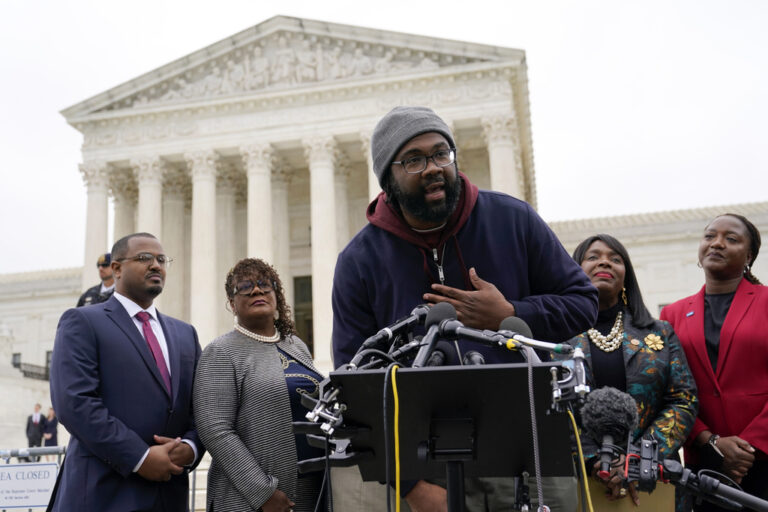By Antonio Ray Harvey, California Black Media
Rick L. Callender, President of the California/Hawaii Conference of the National Association for the Advancement of Colored People (CAL/HI NAACP), has announced that the organization is offering free legal advice and consultations to public and private sector employees in California who have been targets of racial harassment and discrimination in the workplace.
“It is a legal redress clinic for folks who have contacted our branch and believe they have been discriminated against because of the color of their skin or harassed because of the color of their skins,” Callender told California Black Media (CBM).
“We are providing legal service for our people because sometimes they try to get an attorney to listen to them, but the attorney will tell them they are busy. What we have is two (legal) firms that have contracted with us to allow people to come and get free advice,” he continued.
Local NAACP branches across California will have the authority to determine if a complaint is appropriate for the legal redress consultations after affected employees submit a Legal Redress Complaint Form.
However, the CAL/HI NAACP points out that completing the form does not constitute filing an official complaint with a legal authority.
According to the California Department of Industrial Relations, workplace discrimination complaints are based on race, color, ancestry, religion, age (40 and over), disability, medical condition, genetic information, sex (including pregnancy), sexual orientation, marital status, military and veteran status, or national origin (including language restrictions).
The California Department of Human Resources (CalHR) established the Discrimination Complaint Tracking System (DCTS), which enables the collection of data on complaints regarding discrimination, harassment, retaliation, and denial of reasonable accommodation in state agencies, according to its “2020 Annual Report of Discrimination Complaint Activity in California State Civil Service.”
The 27-page report stated that the five highest statewide categories of complaints in 2020 were Race, Retaliation, Disability, Sexual Harassment, and Sex/Gender.
According to the report, the categories ranked as follows: Sexual Harassment (44%), Race (23%), Sex/Gender (16%), Disability (9%), and Sexual Orientation (7%).
On May 4, California Attorney General Rob Bonta and New York Attorney General Letitia James announced a joint investigation into allegations of employment discrimination and a hostile work environment at the National Football League (NFL).
The NFL has offices in New York and California with more than 1,000 employees. If discrimination and harassment are taking place at these workplaces it should not be tolerated whether the complaint is lodged with the NAACP or the California Department of Justice, Bonta stated.
“California will not tolerate any form of discrimination,” Bonta stated. “We have serious concerns about the NFL’s role in creating an extremely hostile and detrimental work environment. No company is too big or popular to avoid being held responsible for their actions.”
California employees have the right to speak to representatives of the California Labor Commissioner’s Office or any other government or law enforcement agency about any issues affecting their working conditions in California.
For those seeking assistance for workplace discrimination and harassment, the NAACP offers the first step in the process of filing a claim that could eventually become a case against the accused violator or violators.
The free, legal redress advice and consultation offered by CAL/HI NAACP is funded through the Stop the Hate (STH) Program. The grant – administered by California Department of Social Services – comprises three components: Legal Redress, Youth Development, and Working with Ethnic Media.
The program awards funding to qualified nonprofit organizations to provide support and services to victims and survivors of hate incidents and hate crimes and their families and facilitate hate incident or hate crime prevention measures.
Funded support includes direct services for victims and survivors of hate incidents and hate crimes and their families, including mental and complementary health services; wellness and community healing; legal services; navigation, case management, and referrals.
Founded Feb. 12. 1909, the NAACP was formed in response to the horrific practice of lynching and the 1908 race riot in Springfield, Illinois. It is the nation’s oldest, largest and most widely recognized grassroots-based civil rights organization.
The NAACP has more than 500,000 members and supporters throughout the United States, serving as premier advocates for civil rights in their communities, campaigning for equal opportunity and conducting voter mobilization.
The ability to have a program that intends to seek legal redress for workplace discrimination, retaliation, and harassment is an effective tool “to protect employees’ rights,” Callender said.
“We first received ‘Stop the Hate’ funding for the Legal Redress program in January 2023,” Callender told CBM. “This is a necessary program, and we are looking forward to receiving more funding for legal redress in three more years.”
This California Black Media report was supported in whole or in part by funding provided by the State of California, administered by the California State Library.


